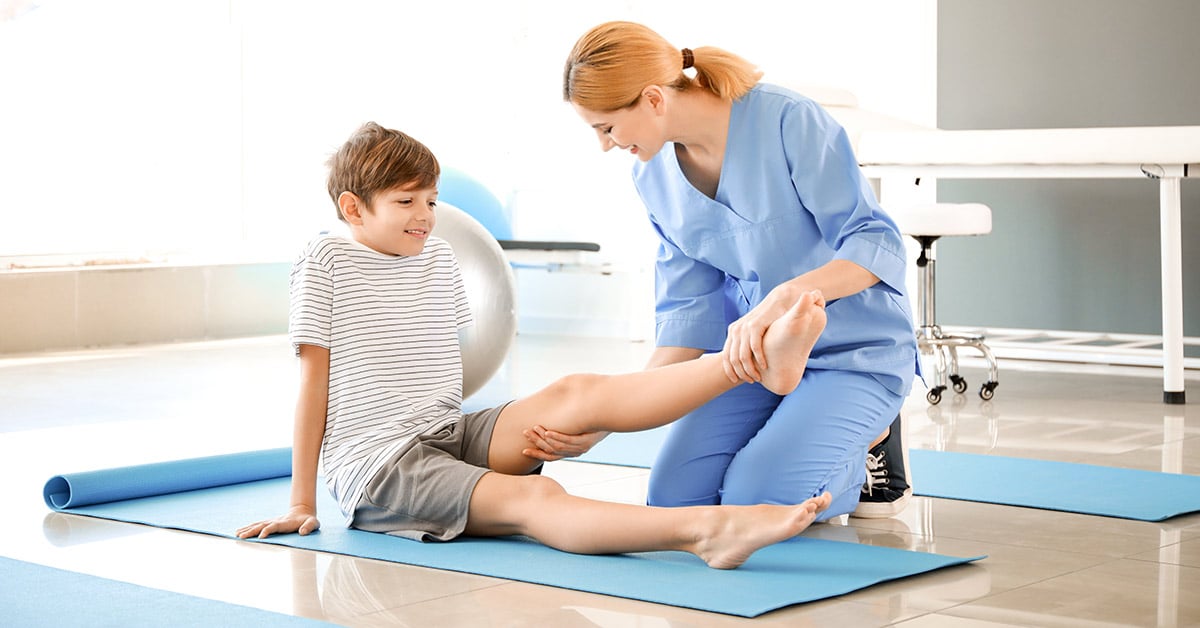Improving Rehab Results Through Efficient Practical Movement Assessment Guidelines
Improving Rehab Results Through Efficient Practical Movement Assessment Guidelines
Blog Article
Operational Mobility Assessment (FMS) is a valuable tool used to assess an individual's mobility mechanics. This screening aids identify any deficiencies or imbalances in the musculoskeletal system, which can result to harm if not corrected. In rehabilitation contexts, FMS can play a crucial role in improving rehabilitation results. By understanding how each individual moves, healthcare providers can develop focused rehabilitation plans that focus on enhancing strength, flexibility, and overall performance.
One of the main advantages of using FMS in recovery is its ability to identify specific areas that need improvement. For instance, if a client has difficulty with squat movements or lunge movements, it may indicate a lack of mobility in their hip joints or ankles. This information allows clinicians to formulate personalized fitness regimens that highlight addressing these deficits. As a consequence, patients are more likely to regain their strength and functionality, which is crucial for resuming to daily activities or athletics.
Implementing effective FMS protocols can also help avoid future injuries. additional info Many damages happen due to inefficient movement patterns or overuse of specific muscular groups. By evaluating individuals before they begin a recovery plan, clinicians can detect risks and implement approaches to reduce them. Informing patients about appropriate movement patterns and enhancing weak aspects can lead to sustained benefits, promoting that they remain engaged and fit.
Moreover, the use of FMS can enhance communication between healthcare professionals and clients. When patients see their movement patterns evaluated and explained, they gain a clearer this post understanding of their rehabilitation process. This transparency builds confidence and encourages patients to take an active part in their rehabilitation. By engaging patients in their rehabilitation journey, they are more likely to follow to prescribed exercises and behavioral changes that support better outcomes.
In conclusion, enhancing recovery results through efficient operational mobility assessment procedures is essential for both clients and healthcare professionals. By precisely assessing movement mechanics, clinicians can create customized recovery programs that meet individual requirements. This not only facilitates in recovery but also helps avoid future harm. As patients become more engaged in their rehabilitation process, they are likely to attain their goals and maintain a fit, active lifestyle.